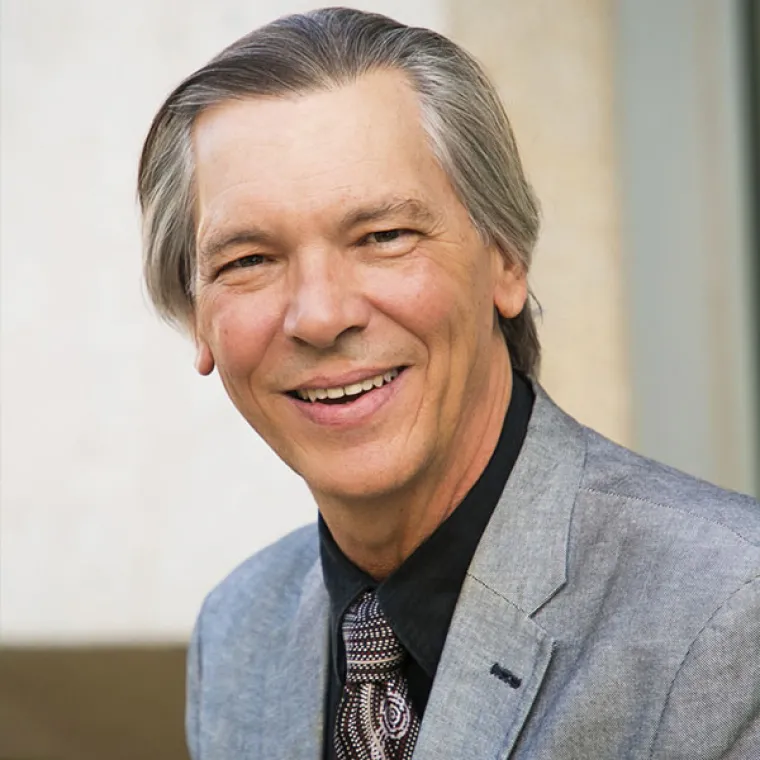Robert A. Williams, Jr.
Robert A. Williams, Jr. (Enrolled Member, Lumbee Tribe of North Carolina) is Regents Professor, E. Thomas Sullivan Professor of Law and Faculty Co-Chair of the University of Arizona Indigenous Peoples Law and Policy Program. Professor Williams received his B.A. from Loyola College (1977) and his J.D. from Harvard Law School (1980).
He is the author of The American Indian in Western Legal Thought: The Discourses of Conquest (1990), which received the Gustavus Meyers Human Rights Center Award as one of the outstanding books published in 1990 on the subject of prejudice in the United States. He has also written Linking Arms Together: American Indian Treaty Visions of Law and Peace, 1600-1800 (1997), Like a Loaded Weapon: The Rehnquist Court, Indian Rights and the Legal History of Racism in America (2005), and Savage Anxieties: The Invention of Western Civilization (Palgrave Macmillan 2012). He is co-author of Federal Indian Law: Cases and Materials (7th ed., with David Getches, Charles Wilkinson, Matthew Fletcher, and Kristen Carpenter, 2017).
He received the Lawrence R. Baca Lifetime Achievement Award for Excellence in Federal Indian Law in 2017 from the Federal Bar Association Indian Law Section. He was named the first Oneida Indian Nation Visiting Professor of Law at Harvard Law School (2003-2004), having previously served there as Bennet Boskey Distinguished Visiting Lecturer of Law. The 2006 recipient of the University of Arizona Koffler Prize for Outstanding Accomplishments in Public Service, and the 2020 recipient of the University of Arizona Gerald G. Swanson Prize for Teaching Excellence, Professor Williams has received major grants and awards from the Soros Senior Justice Fellowship Program of the Open Society Institute, the John D. and Catherine T. MacArthur Foundation, the Ford Foundation, the National Endowment for the Humanities, the American Council of Learned Societies, the U.S. Department of Education, the U.S. Department of Justice, the National Institute of Justice, the Ford Foundation and NDN Collective.
Interviewed by Bill Moyers and quoted on the front page of the New York Times, Professor Williams has represented tribal groups and members before the Inter-American Court of Human Rights, the Inter-American Commission on Human Rights, the United Nations Working Group on Indigenous Peoples, the United States Supreme Court, and the Supreme Court of Canada. Professor Williams served as Chief Justice for the Court of Appeals, Pascua Yaqui Indian Reservation, and as Justice for the Court of Appeals and trial judge pro tem for the Tohono O’odham Nation.
Degrees
- J.D. Harvard Law School, Cambridge, Massachusetts
- B.A. in English Literature


